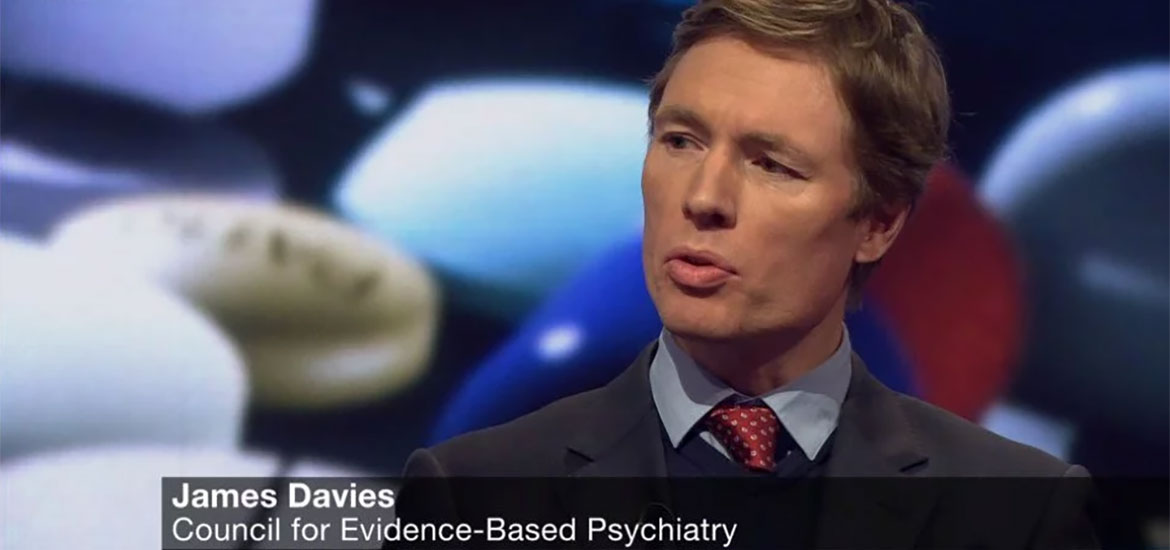Roehampton research leads to the first major government review of prescribed drug dependency and withdrawal
- Thursday, September 12, 2019
Public Health England has published the first ever report of dependence and withdrawal issues associated with prescription drugs in five commonly used classes of medicines in England. The report has received substantial national and international media attention, and is set to lead to substantial policy change.

Dr James Davies, from the Department of Life Sciences, co-founded and currently helps run the All-Party Parliamentary Group (APPG) for Prescribed Drug Dependence, which initiated this review. Roehampton researchers (including Dr Todd Rae, Dr Gina Pauli and Dr Anne Guy) also played a pivotal role in establishing the evidence-base that led to the commission.
The reports reveals that a quarter of all adults in the England are now taking dependency forming medicines. These include:
- benzodiazepines and z-drugs (for anxiety and sleep problems),
- gabapentinoids (for neuropathic pain and epilepsy),
- opioids (for moderate and severe pain)
- antidepressants (for depression and anxiety)
The report is the culmination of over five years work by Davies and colleagues at the Council for Evidence-Based Psychiatry (CEP), which is secretariat to the APPG for Prescribed Drug Dependence, chaired by the Sir Oliver Letwin MP and the Sir Norman Lamb MP.
Dr James Davies said “It is critical that patients are made aware of the potential for dependency and withdrawal when initially prescribed one of these medicines. This report outlines vital recommendations to help address the growing problem of dependency in the UK. By also reducing unnecessary long term prescribing, we will free up resources to help fund effective, non-drug alternatives.” The recommendations from the report, for which Dr Davies was an expert adviser, mirror those initially requested by the APPG:
- A 24-hour national helpline and associated website to provide expert advice and support, also acting as a resource for patients and doctors to support shared decision-making.
- Updated clinical guidance as well as new guidance on management of dependence and withdrawal, and improved training to ensure clinicians adhere to this guidance.
- Provision of better information to patients about risks and benefits of these medicines, as well as alternatives such as social prescribing.
- Further research into the nature and severity of withdrawal, and the treatment of dependence and withdrawal, caused by prescribed drugs.
- Appropriate support from the NHS for patients experiencing dependence and withdrawal problems, including dedicated support services.
- Review of the training and educational resources for practitioners in relation to prescribed drug dependence and withdrawal.
Dr James Davies will continue to work with the CEP and the APPG to ensure the implementation of these recommendations.
The Department of Life Sciences offers outstanding undergraduate and postgraduate degrees in BSc Biomedical Science and MRes in Cell Biomedicine.